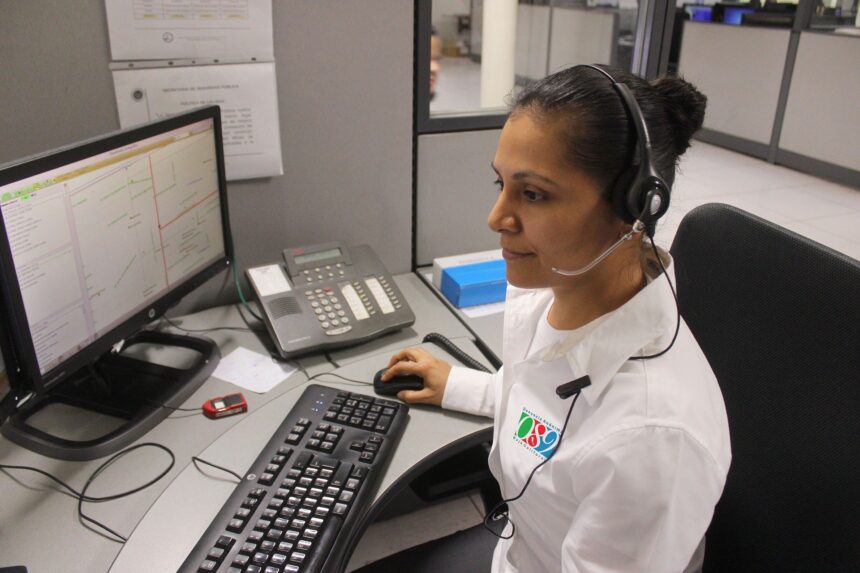A groundbreaking new method for quickly gathering life-saving information from individuals caught in fast-moving situations has been developed and tested, showing promising results. The Time Critical Questioning (TCQ) protocol, created by Professor Lorraine Hope and her team at the University of Portsmouth in collaboration with the UK’s Centre for Research and Evidence on Security Threats (CREST), offers a practical communication framework for emergency responders and professionals in various fields.
The TCQ protocol is designed to help interviewers ask the right questions in a short amount of time without overwhelming the person being interviewed. It begins with a structured instruction called I-RELATE, which stands for Introductions, Roles, Expectations, Line-up goals, Agenda, Topic cues, and Explanation. This framework helps set expectations, define roles, and establish clear goals for the interaction, enabling a more focused and efficient exchange of information.
To test the effectiveness of the TCQ protocol, researchers conducted interviews with 142 volunteers at an escape room in England. Those interviewed using the TCQ method provided more useful and accurate details earlier in the conversation compared to those using a standard approach. The TCQ interviewees were 97% accurate on average, ten percent higher than the control group’s 87% accuracy rate. The study also found that the faster TCQ-led conversations did not result in more inaccurate information being shared.
In addition to the successful trial at the escape room, the TCQ protocol was also tested during a national counter-terrorism exercise in Southampton, England. Practitioners who used the method described it as a “brilliant way to keep focus during high-pressure interviews,” highlighting its effectiveness in time-sensitive and challenging situations.
Chief Superintendent Claire Finlay, Head of Counter Terrorism South East, praised the protocol for providing an innovative solution to the challenges faced in policing today. Dr. Hope emphasized that while the protocol was developed for emergency and law enforcement environments, its principles are widely applicable in healthcare, cybersecurity, and industrial settings.
The research paper detailing the TCQ protocol is published in the journal Scientific Reports, providing valuable insights for professionals seeking to improve information gathering in time-sensitive contexts. The University of Portsmouth, where the study was conducted, continues to explore the applications of the TCQ protocol in various fields to support better decision-making and information exchange.








